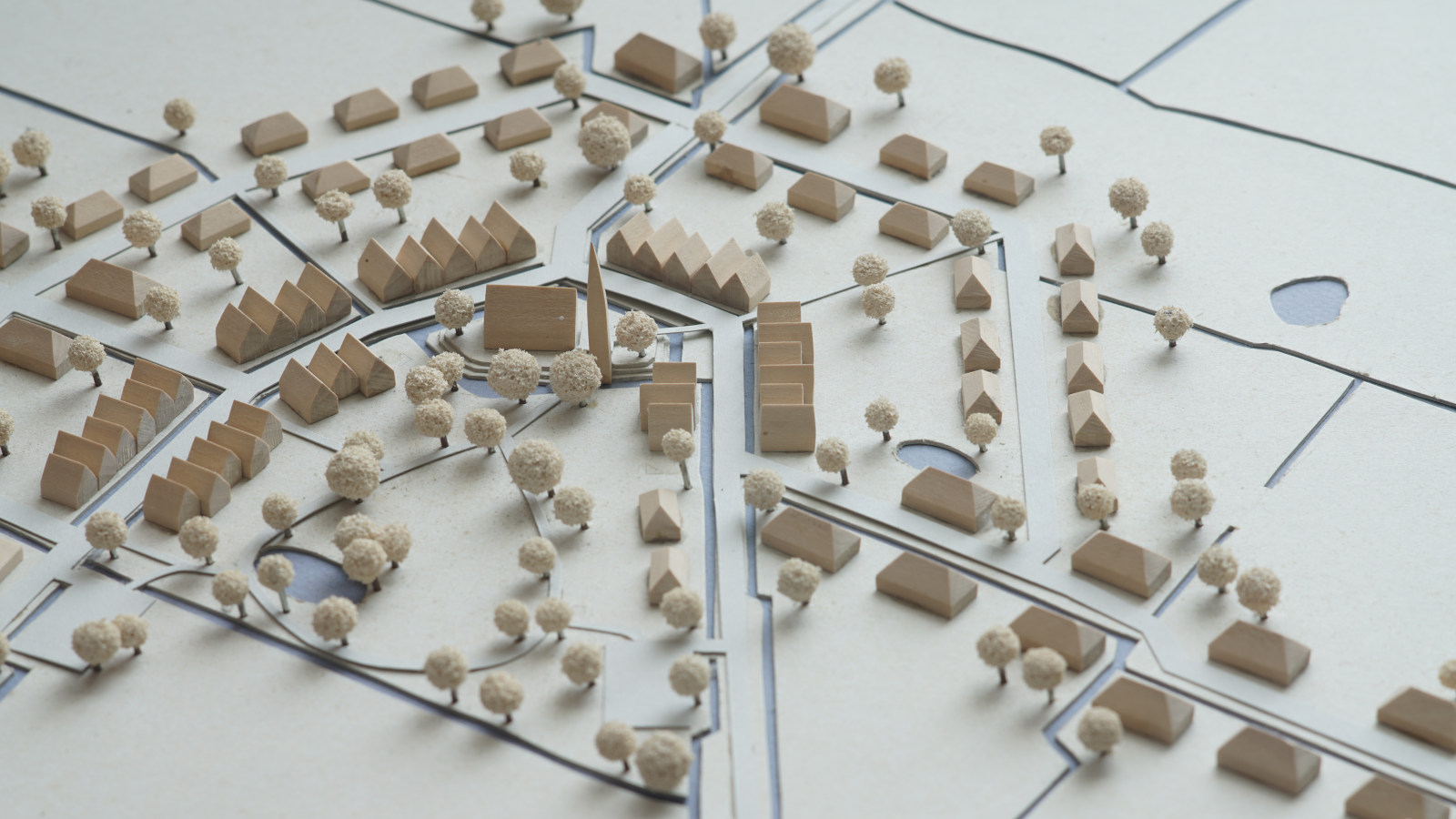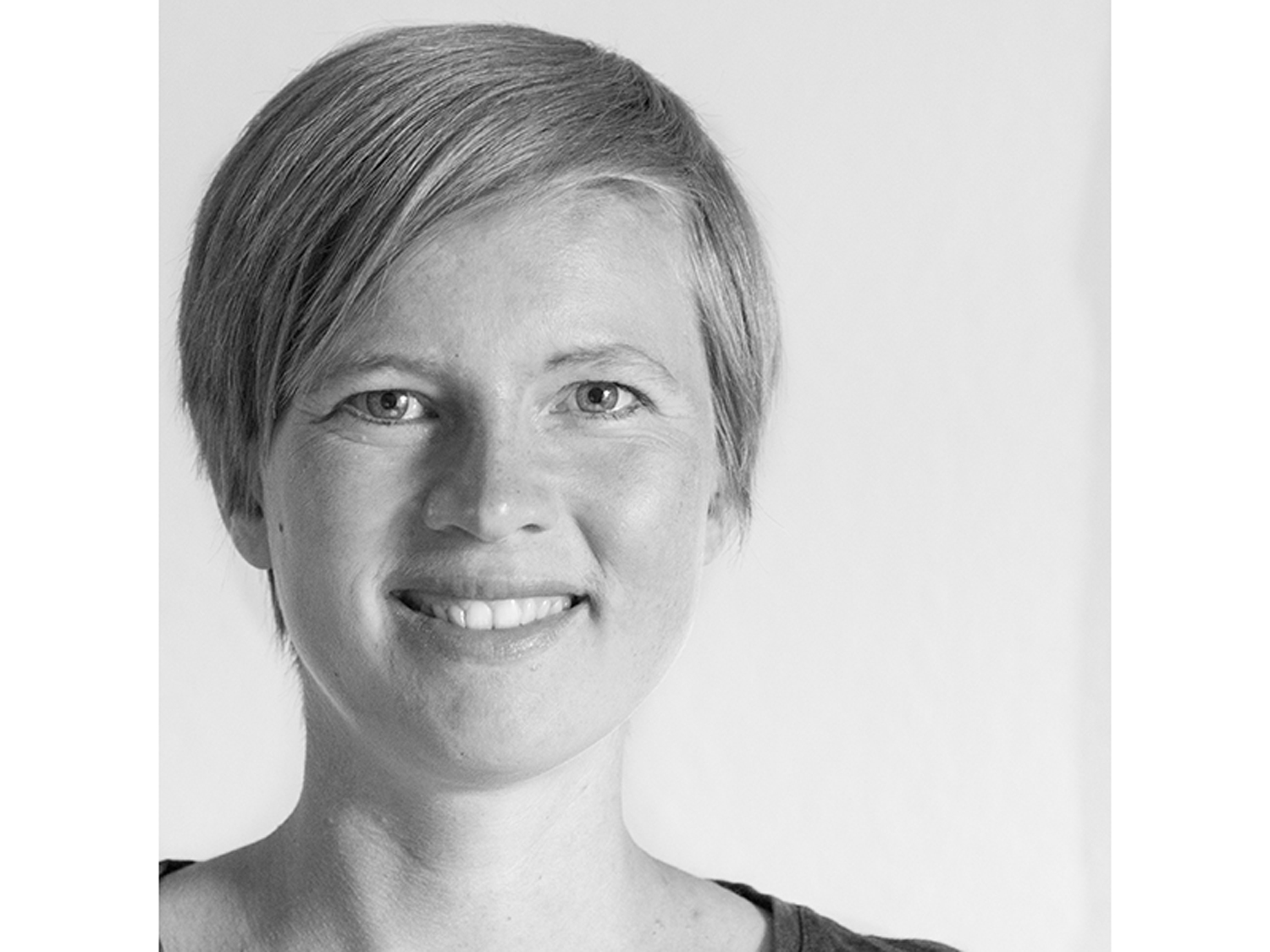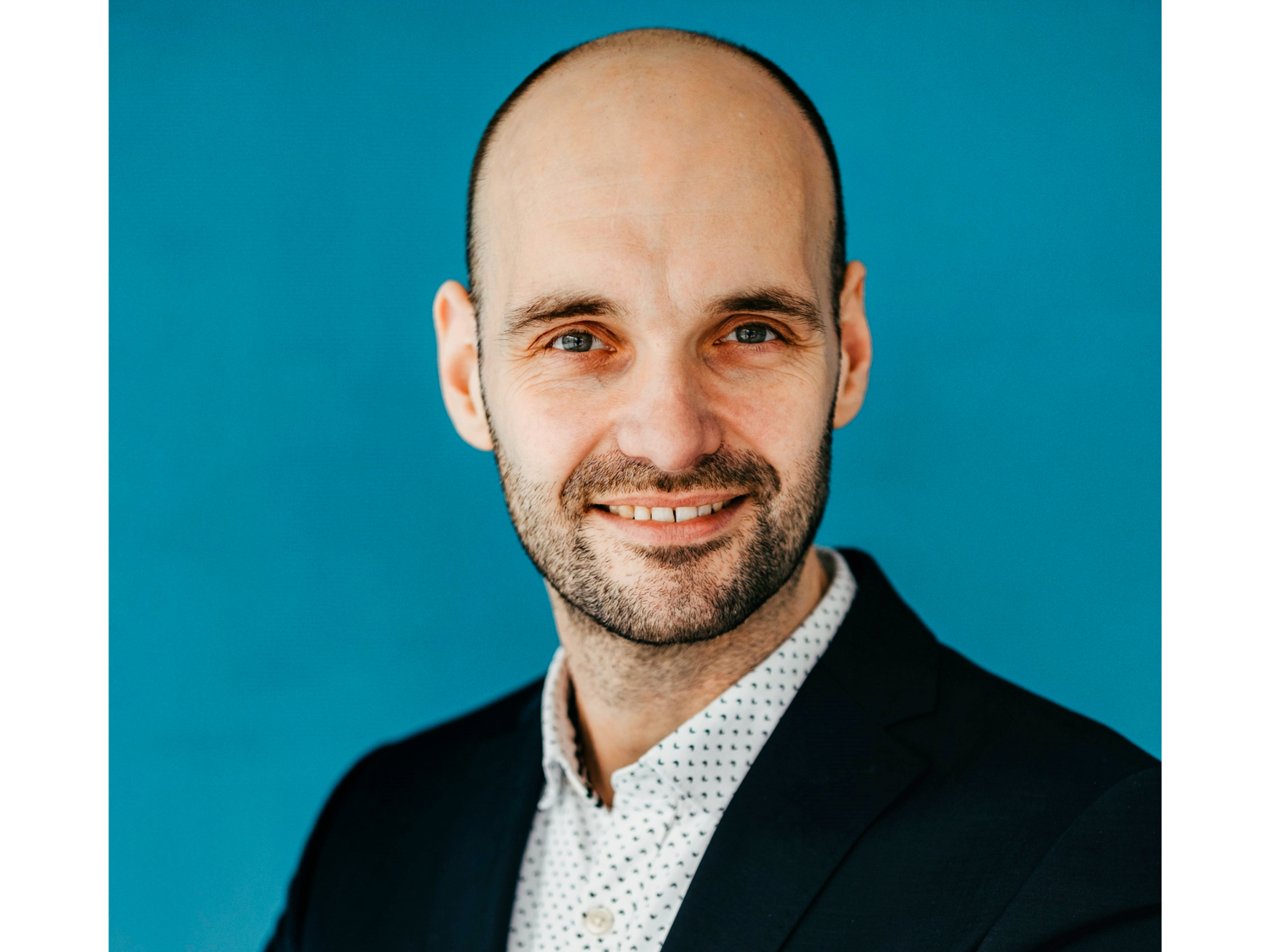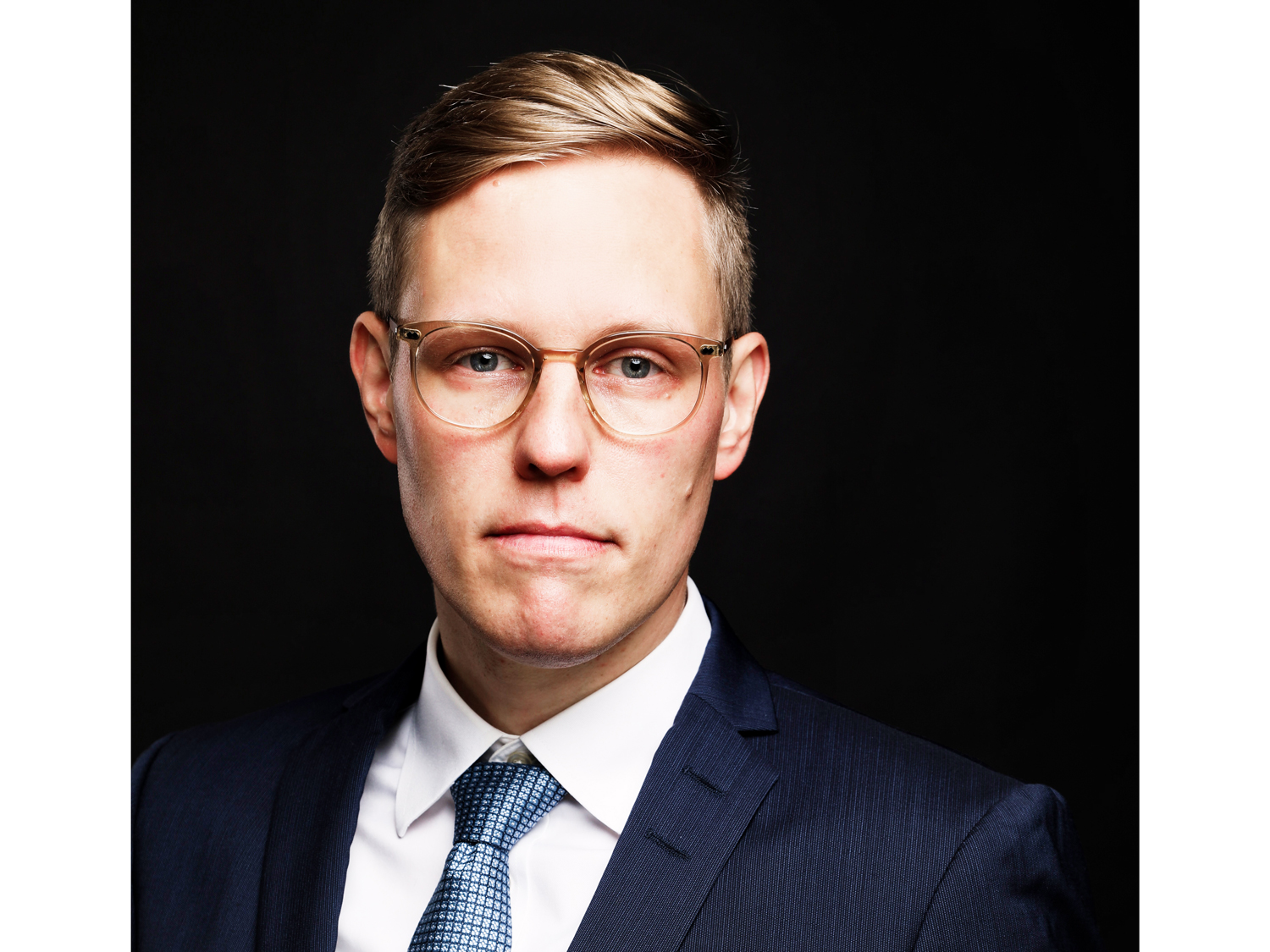
© darknightsky / Adobe Stock
A Finger on the Pulse of the Times
Careers with a promising future are offered by the master's degree in Urban and Regional Development – and have been for the past twenty years.
Shaping the mobility revolution, making urban districts fit for the future, or advancing digitization in administration. These are just a few of the fields in which graduates of the Urban and Regional Development master’s degree are working today. On the occasion of the degree program’s twentieth birthday, up2date. spoke with three of those graduates.
A “real chance” for interdisciplinarity. This is what the professors led by Ilse Helbrecht promised themselves when the first master’s students of Urban and Regional Development arrived at the University of Bremen in 2003. Far from being merely a new label for the old diploma degrees in Geography or Sociology, the master’s degree was supposed to support networked thinking. In a Deutschlandfunk broadcast, Helbrecht explained, “It’s quite clear that cross-cutting knowledge is becoming increasingly important in urban and regional development issues. Different policy fields, from transportation to tourism to economic development, are being seen in terms of their interconnectedness.”
The degree program has remained true to these goals even after twenty years. Julia Lossau, Professor of Urban Geography: “Today, the degree program is still supported by the subjects of geography and sociology in an interdisciplinary manner. This combination of subjects sets the degree program apart from comparable study programs offered in the field of urban and regional studies.” One area of focus, she added, is project-based work, which is typical of the relevant professional fields related to urban and regional development.
A total of 227 students have completed the master’s degree since 2003. Dr. Hanna Augustin, Lars Degen, and Sören Matthies are three of them. How did they find the study program and the start of their careers? And what advice do they have for current master’s degree students?
Where did your interest in urban and regional development come from?
Dr. Hanna Augustin: It was a professional interest without a specific career aspiration. I come from the fields of social science and sociology and realized that I was interested in the topic of cities and what significance built space has for life. I was keen to get further training in that area.
Lars Degen: I have always been interested in how cities develop, how societies develop, and how urban planning responds to developments. And also in issues that play a role in this, for example traffic planning.
Sören Matthies: As a result of my bachelor’s degree in geography, my areas of focus tended to be geoinformation systems and statistics. I had hoped to combine these with urban and regional theory in the master’s degree.

© Privat
Why did you choose the Urban and Regional Development degree program?
Augustin: After my bachelor’s degree in social sciences in Marburg, it was clear to me that I would like to continue working on the connections between cities and society. I then did some quite conventional research on the internet. I had no contact or connection to Bremen and moved here solely for the master’s degree.
The master’s degree has a lot to offer and addresses current issues: For example, social inequality, which is particularly glaring in cities. It’s about which urban planning measures or infrastructure offer as many opportunities as possible to mitigate this inequality and provide opportunities. But climate protection, mobility, and social cohesion are also important topics in the master’s degree.
Degen: In Bielefeld, I did a bachelor’s degree in social sciences with a minor in German but then I realized that I actually wanted to go in the direction of urban planning. I looked at master’s programs all over Germany and Bremen caught my eye: The master’s degree at the University of Bremen had a very social-scientific approach and was therefore a good fit for me.
The nice thing here in Bremen was that this degree program was relatively open and I didn’t have to have studied geography. It was a relaxed degree program that didn’t follow a strict curriculum. You really had freedom to evolve. I feel it was a good mix.
Matthies: I studied geography in the classic way at the University of Bremen in my bachelor’s program. That’s where I became aware of the master’s program. It was practical to already know the structures at the University of Bremen from the bachelor’s degree and I was also attracted by the practical relevance of the degree program and its interdisciplinary orientation.
What was your career start like?
Augustin: I completed my master’s degree and knew that a doctorate was an option for me. The topic came from my master’s thesis, in which I wrote about so-called food deserts in the USA. In my PhD dissertation, I then worked on food access in German cities and researched the various hurdles, such as spatial and financial barriers. I was strongly supported by Professor Marit Rosol, who was an adjunct professor in the faculty at the time. I took my first small professional step at the Department of Urban Redevelopment – where I still work today – when I took on a parental leave position for three quarters of a year. After finishing my PhD, I applied again and have had a full position since 2019.
Degen: It was actually via the current operations manager, Sascha Stuckenbrock. At the time, he offered a course on “Transportation Planning” and informed us that BSAG was always looking for interns. So I thought I’d take a look and do an internship. Sure enough, it was a perfect match. I did the internship during the semester break and afterwards a job as a student assistant was offered to me. After my degree, I applied for a vacant position and that’s how I ended up here as a traffic planner. Of course, it also had a lot to do with coincidences, to do with being in the right place at the right time.
Sometimes things only make sense in retrospect, and I have to say that I’ve always found the topic of traffic planning exciting. But it would never have occurred to me to study transportation planning or to actually work in this field later on. In this respect, it was only this internship that opened my eyes.
Matthies: I managed to get my first job thanks to my master’s thesis. I wrote it on the topic of the Bremen heat atlas in cooperation with the Resilient Energy Systems department and the Bremen State Statistical Office and was thus able to deepen my knowledge in dealing with GIS and data evaluation. From this position, I went on to work for coffee roaster Tchibo and then Europcar Mobility Group, working in site development and expansion: I used sociodemographics and geoinformation to find the best possible locations. Eventually, I moved to the other side, from GIS analyst to software developer to sales. Today, at VertiGIS GmbH, we develop asset management software solutions that are used by public administration as well as by companies in the energy supply, telecommunications, or infrastructure and facility management industries.

© Privat
What exactly does your job entail?
Augustin: I initiate and accompany urban redevelopment projects. We analyze a neighborhood from various perspectives: It’s about construction, mobility, climate and environmental protection, and social infrastructure. Then we design strategies, goals, and projects to achieve these objectives. It’s a very special job in that we’re involved from planning to implementation.
Degen: I do transportation and supply planning in the time range up to two to three years before a plan is implemented. My job is relatively broad and you don’t necessarily need that one special qualification. You have to communicate a lot, especially now that we are implementing the mobility revolution. At the moment, we are in the concrete planning stage of how we are going to gradually expand BSAG’s transport services by up to 50 percent. In my early years, that would have been unthinkable. Things have changed significantly in society as a whole, and definitely for the better.
Matthies: I am a key account manager, responsible for sales in seven Federal States in Germany and for digitization - i.e., digital transformation in the area of public administration. For example, if someone in Bremen wants to buy a house and wants to obtain a real estate map from Geoinformationen Bremen, then that is our software that is used to implement and carry out the continuation of the real estate cadastre. My work is done in order to help shape the digital transformation of society.

© Privat
In your opinion, to what extent was the degree program a preparation for the work you do?
Augustin: The degree program was very theory-driven to some extent. That was one of the main reasons I chose it. It shaped how I look at problems and ways of working and how I can change perspectives. I also always benefit from having worked with Geographic Information Systems. Before the master’s degree, I didn’t have the opportunity to gain experience with it and the degree really taught me that well.
Degen: I actually acquired the knowledge I need for the job here on the job. The degree program rather focused my attention on transportation planning and thus opened up the topic as a possible field of employment in the first place.
Matthies: Definitely on the subject of interdisciplinarity. The fact that we were a mixed group of humanities scholars, sociologists, political scientists, and geographers, and that we worked together on a lot of practical issues, taught us to question things and to reflect on our own actions and to find second and third solutions. In my eyes, that’s a huge benefit in my day-to-day work, which a classic business or economics student doesn’t necessarily have, because they work relatively heavily with theories and standards.
What do you recommend to young people starting out in their careers today?
Augustin: What the degree program offers is somewhat double-edged: It is theory- and research-oriented, and I appreciate that very much. But it offers little in the way of concrete career preparation and very few people stay in academia. So I think it’s totally important to broaden your horizons during your studies so that you’re not thrown in at the deep end quite so much after you get your degree. For example, if you’re interested in working in administration, you should use General Studies to get an insight into building planning and building code law. It’s tough if you have to learn all that when you enter your profession.
Degen: I definitely make the recommendation to do internships during the semester break. Both to see what you want to do, but also to find out what you don’t want to do. I did an internship in the energy industry during the semester break before I joined BSAG. I can’t describe it in detail but I immediately knew that it didn’t appeal to me at all. I think it’s very important to really use those semester breaks to check out practical fields.
Matthies: I would definitely try to add a business component at the same time. It doesn’t matter who you work for later: Public sector, urban planning, or similar – you are always in direct contact with money and are confronted with different legal forms. It is very useful to have a certain basic understanding of corporate structures, accounting, and tendering procedures. My second recommendation is to find a focus and area of specialization relatively quickly, like with geoinformation in my case. With that area of focus in mind, you should then take full advantage of the master’s degree.
Master’s degree in Urban and Regional Development
The master’s degree in Urban and Regional Development is one of 64 degree programs that can lead to a Master of Arts or Science degree. Information is available on the Website of the University of Bremen.